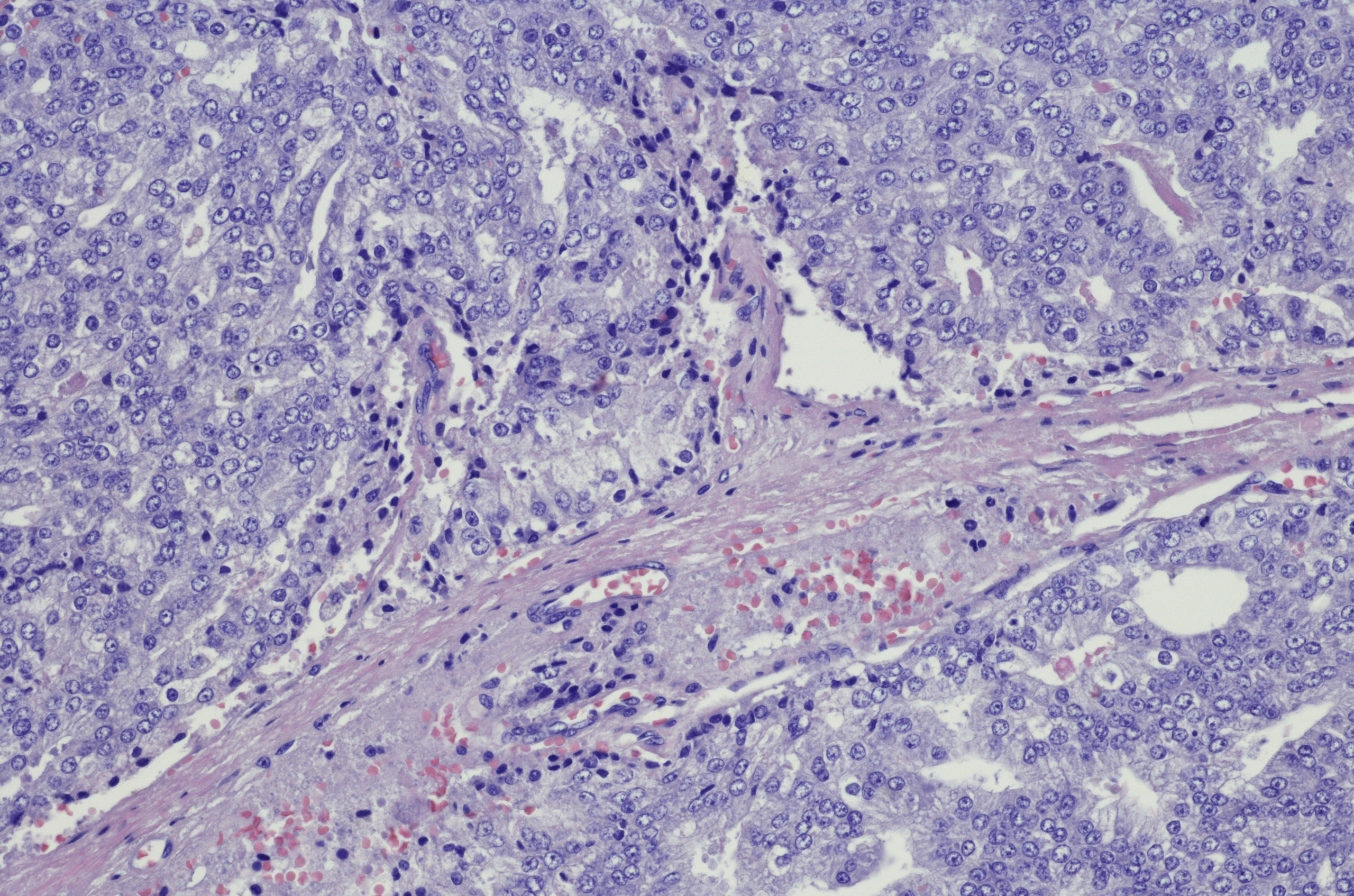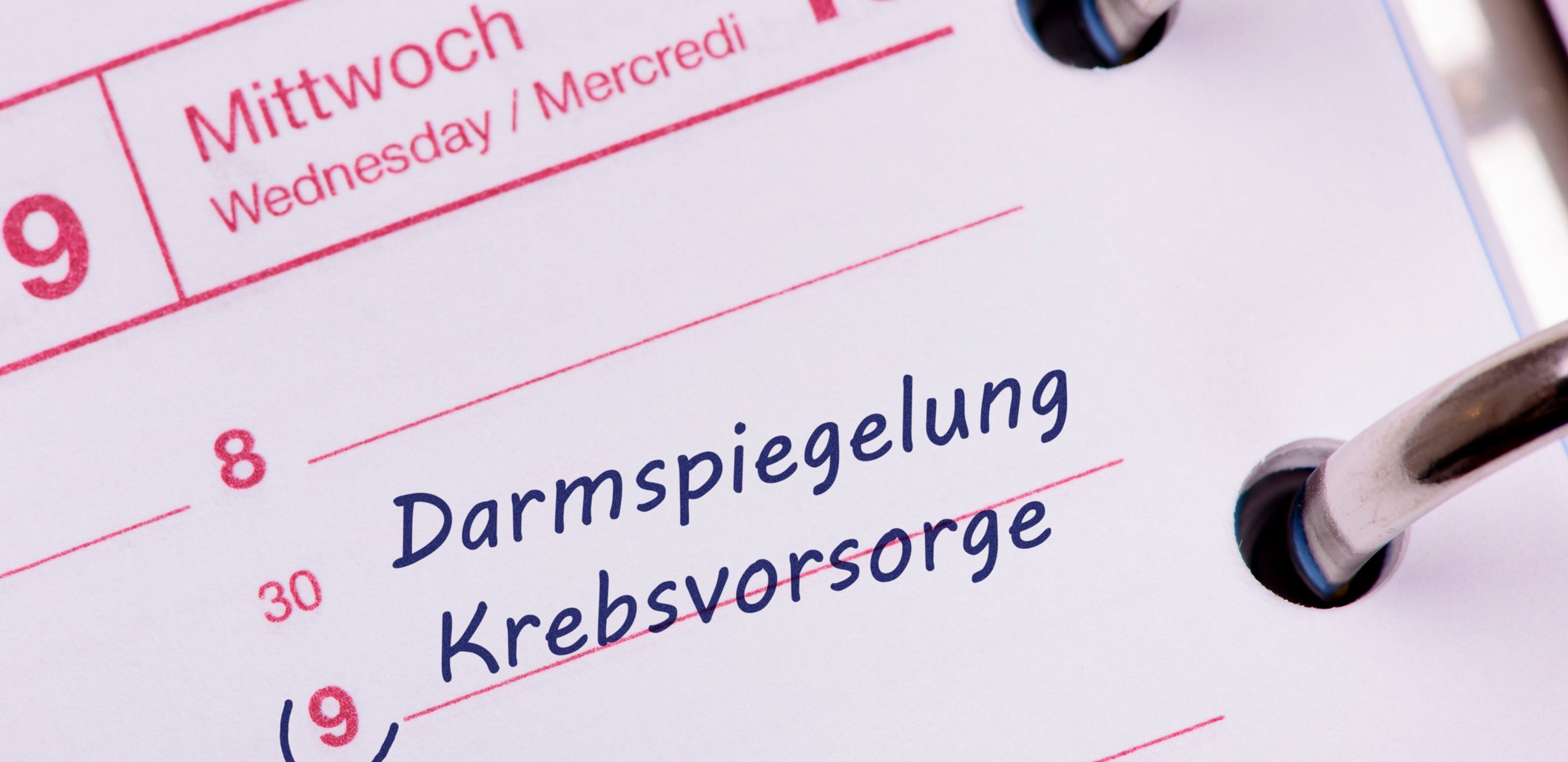The ESC Congress 2025 in Madrid presented several studies in hot-line and late-breaking sessions that have a direct impact on the care of patients with atrial fibrillation, coronary heart disease, venous thromboembolism and invasive rhythm therapy. Of particular practical relevance are new data on the discontinuation of anticoagulants after successful atrial fibrillation ablation, on the (in)usefulness of additional ASA administration in chronic anticoagulation and CHD, on prolonged secondary prevention in provoked VTE, and on the question of whether modern pulsed-field ablation (PFA) offers measurable advantages over proven radiofrequency ablation (RFA) in rhythm control. The picture is supplemented by evidence from real-world registries on PFA platforms and data on left appendage occlusion in surgical settings.
Autoren
- Tanja Schliebe
Publikation
- CARDIOVASC
Related Topics
You May Also Like
- Consequences for pathophysiology, clinic and therapy
The inflammatory subgroup of major depression
- Adherence of GLP1-RA
Half of patients discontinue treatment within a year
- RSV infection in adult patients at risk
Vaccination as a simple and sensible prophylaxis
- A case-based, practical overview from Canada
Vaccinations for heart patients
- Acne treatment: current trends
What role do dermocosmetics play?
- COPD: Tailor therapy to individual characteristics
Risk of exacerbation correlates with the eosinophil count and other factors
- Focus on new therapeutic targets and senolytics
Cellular senescence
- Development of a quintuple agonist











